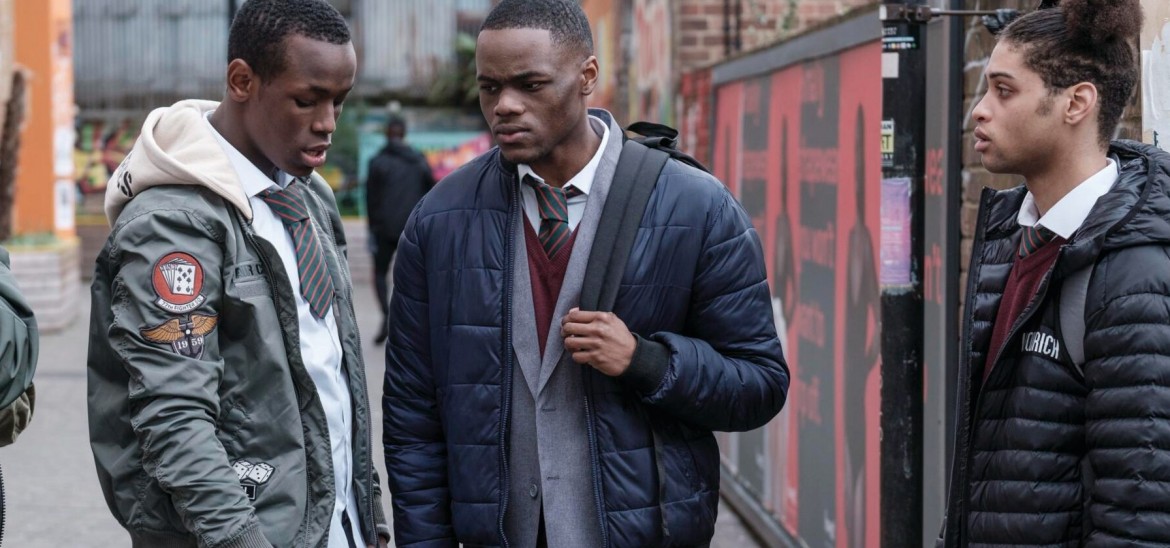Into Film Clubs
Find out everything you need to know about starting an Into Film Club.



At Into Film, we're firm believers that film can be a powerful tool for engaging with the curriculum across all areas of learning, but there's perhaps no subject more immediately appropriate than film studies.
To support those educators teaching film studies at A-Level, we've assembled two comprehensive lists of films that support the syllabus and are available to stream on Into Film+. One list details titles on the OCR Film Studies A-Level syllabus, and one the WJEC and EDUQAS Film Studies A-Level syllabus. Using Into Film+ is the best way to access these films legally in the classroom, and combined with our highlights and playlists features, give you an easy and flexible way to approach the titles you're teaching.
The syllabus titles on our lists are correct as of July 2023 for the 23/24 academic year and will be updated whenever relevant. All titles listed have accompanying film guides to help generate further discussion.
The first in our new series of resources focuses on British filmmaker and musician Andrew Onwubolu MBE, and is suitable for GCSE or A-level film studies or moving image arts students.
Better known by his stage name Rapman, Onwubolu's debut Blue Story explores gang violence in a subtle, yet affecting and hard-hitting way, and this resource comprises three lessons which introduce learners to Onwubolu, his filmmaking style, and encourages debate around the role of an auteur in a film production.
Onwubolu is a self-taught filmmaker who used a guerrilla filmmaking style that made his short film series Shiro's Story into a viral YouTube sensation, and is now part of the BFI National Archive. He has developed his craft of filmmaking throughout his career, to the point of being awarded an MBE for services to drama and music.
The first lesson tasks learners to analyse clips from the film (as well as our own exclusive interviews with Onwubolu and the film's cast, available on Into Film+) before comparing his approach to noted filmmakers like Hitchcock and Spike Lee to build views on whether or not students feel he qualifies as an auteur.
Debate is used as a tool to explore the varying reasons for the film's ban in some cinemas (there were isolated incidents of violence and underage children attending screenings, which led to some cinema chains pulling the film), while the final lesson will see learners prepare, plan and produce an answer to an exam-style question on auteurism which is relevant for both GCSE and A-level film studies.
This is the first resource in the series Black Filmmakers on Film which will look at the work of prominent Black British filmmakers across various roles behind the camera to study aspects of the film studies and moving image arts exam specifications.
Viewing 4 of 4 related items.

Find out more about our streaming service, designed specifically for UK schools.